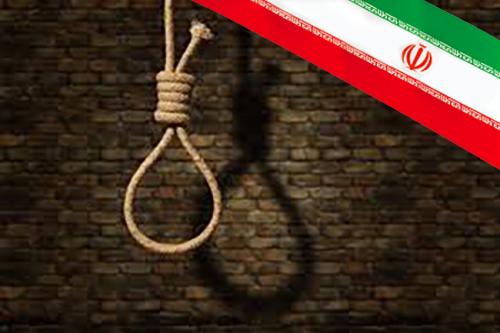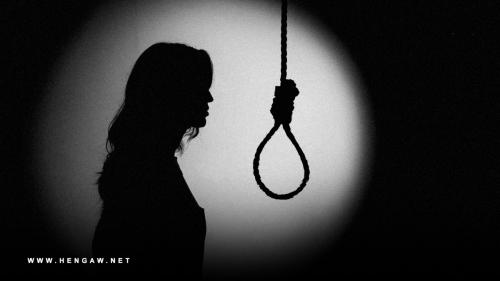28 June 2002 :
Today´s world is full of criminality and violent destruction of human lives. Probably it always has been so since the establishment of large urban societies, but today´s means of communication make us more aware of such horrors, while new instruments of war make massacres particularly devastating. We are now more used to seeing on the screens of our televisions human beings exterminating with rage or, worse, with indifference, other human beings.
In comparison, the three or four thousand people executed following judicial death sentences are only a drop in this ocean of blood and desperation. So much so that executions elicit only relative interest. When, a few weeks ago, Sergio D´Elia, Emma Bonino and a group of intellectuals and artists launched in Madrid Hands Off Cain´s online campaign to gather signatures for a UN moratorium on executions worldwide, only few of the big media organs reported the event. If, say, one of the competitors of "Big Brother" had broken his leg doing a somersault, the news would have been splashed on the front page…
However, for those who evaluate atrocities not only quantitatively, but also qualitatively, the victims of the death penalty do have a special relevance. Their murder does not take place in the heat of battle but after the serene process of judicial deliberation; they do not suffer the anonymity of the victims of a bombing raid, on the contrary their names are known and their stories examined long before they are sent to their sad fate; they do not die in exceptional circumstances, such as massacres or wars, but in the routine of a legal procedure.
From the moment the condemned to death learn of their fate, they suffer for weeks, months and even years the inexorable approach of their final hour. In some cases, the condemned perpetrated horrendous crimes - with the death penalty, society reflects their brutality.
The members of societies where the death penalty is still applied must share the burden of responsibility of having an executioner killing in their name…
The death penalty cannot be considered an extreme but as legitimate a judicial punishment as any other in modern society. In a civilised concept of law, legal penalties should serve to protect society (by deterring potential criminals from perpetrating crimes) and to redeem the culprit (by offering him the occasion to expiate his sin and to change his future conduct). It is highly improbable that the death penalty accomplishes the first of these objectives. On the contrary, people aware that they are already ´dead´ under state law for the crimes they have committed, have no hesitation in continuing to kill to escape justice. The second objective of civil law - redeeming criminals- is certainly not fulfilled by eliminating the culprit, and refusing him/her the chance to reform and live a better life.
Criminal law should try to put an end to crime and recuperate criminals to society once they have been punished: capital punishment identifies the criminal with his crime and destroys the person to put an end to his guilt.
Today, in the twenty-first century, it is not the crime, but the state judging the crime that determines whether one is put to death or not. In some countries one can end up on the gallows for acts that in others are punishable by no more than a fine, or are actually permissible.
Sexual conduct that in some countries is part of a person´s inalienable freedom, in others is punished with the worst and most irreversible of punishments. Fraud or other economic crimes that in some states get the culprit a few years in jail, in others can lead to the gallows. The extreme paradox is that the same States that adhere to international laws that bar the death penalty in all cases - including genocide, the most horrendous of all crimes - often apply this barbarous punishment within their own borders for minor crimes.
In view of all this, it is now unavoidable to demand that international institutions establish an immediate moratorium on capital executions in all countries: in order to herald a time of collective reflection and debate on the death penalty, and how, when and to whom it should be applied, and, above all, on whether upholding a form of punishment that has been barred in international legislation is licit in national juridical systems.
If we are heading towards a world in which no crime must remain unpunished in observance of a misplaced respect for national sovereignty, we should also manage to ban the irreversible and inhuman punishments foreseen only by certain national laws.
Accepting the need for death penalty means crediting death in itself as something deserving and humanly positive: I believe that rebelling against a planned or preordained death should be the main duty of human society.
Years ago, the French philosopher Jean-Pierre Faye was asked to define Europe, and he replied: "Europe is the place where there is no death penalty". If only one day, in the near future, we could say the same for all human societies!








